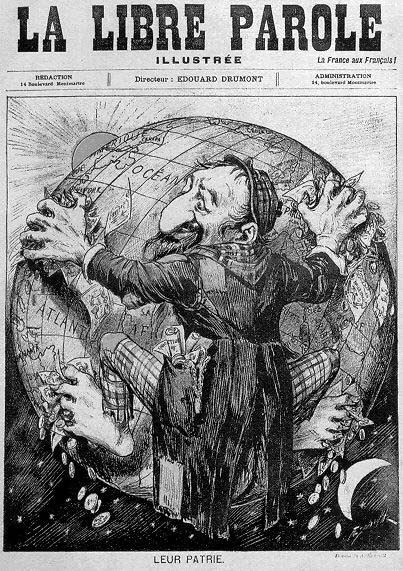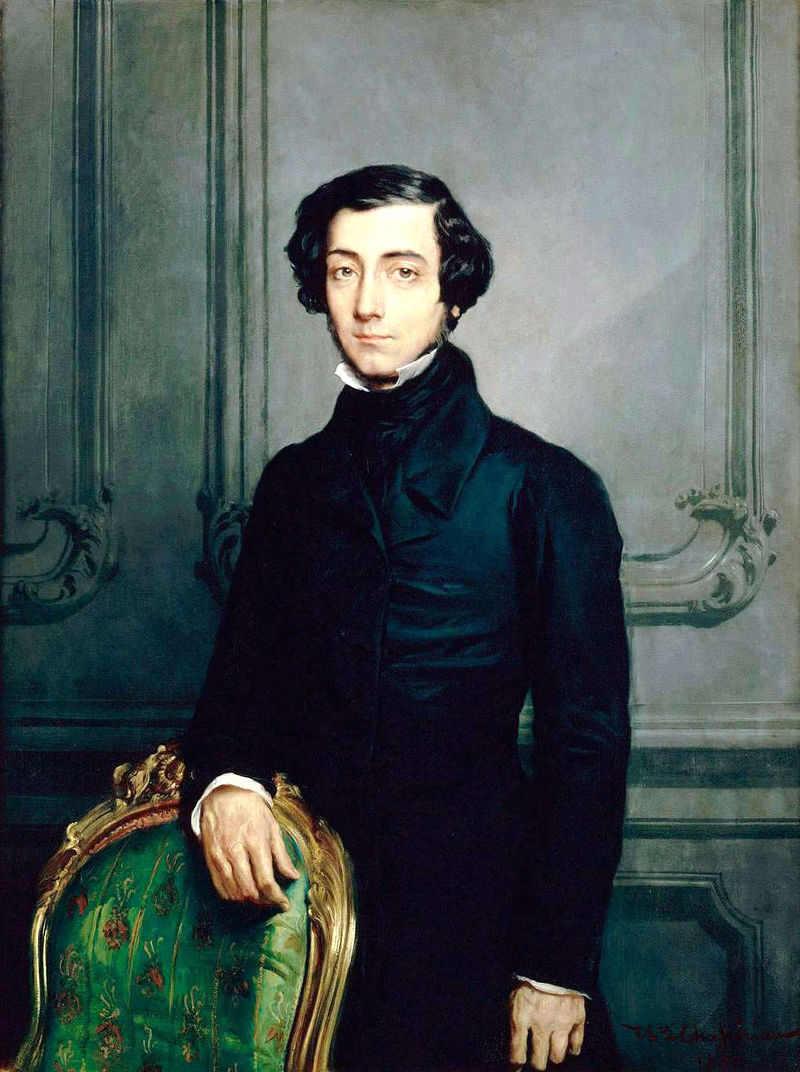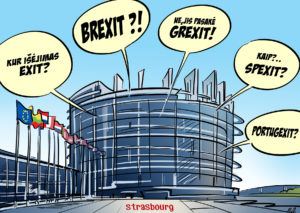Part 1.
Moral Indictments of the West as Characteristic of Jewish Intellectual Movements
Here I want to stress one aspect of my book The Culture of Critique. It’s no accident then that all of the intellectual and political movements discussed in the Culture of Critique were moral indictments if the West. These Jewish intellectuals understood how to appeal to Westerners. They knew what buttons to push. Together these movements comprise the intellectual and political left in this century, and they are the direct intellectual ancestors of current leftist intellectual and political movements, particularly postmodernism and multiculturalism. From Chapter 6 of The Culture of Critique (p. 213–214).
Collectively, these movements have called into question the fundamental moral, political, and economic foundations of Western society. A critical feature of these movements is that they have been, at least in the United States, top-down movements in the sense that they were originated and dominated by members of a highly intelligent and highly educated group. These movements have been advocated with great intellectual passion and moral fervor and with a very high level of theoretical sophistication. Each movement promised its own often overlapping and complementary version of utopia: a society composed of people with the same biological potential for accomplishment and able to be easily molded by culture into ideal citizens as imagined by a morally and intellectually superior elite [Boas and the war on IQ and behavior genetics]; a classless society in which there would be no conflicts of interest and people would altruistically work for the good of the group [communism, socialism]; a society in which people would be free of neuroses and aggression toward outgroups and in tune with their biological urges [psychoanalysis]; a multicultural paradise in which different racial and ethnic groups would live in harmony and cooperation [the Frankfurt School]—a utopian dream that also occupies center stage in the discussion of Jewish involvement in shaping U.S. immigration policy in Chapter 7. Each of these utopias is profoundly problematic from an evolutionary perspective, a theme that will be returned to in Chapter 8.
The originators of these movements were all vitally concerned with anti-Semitism, and all of the utopias envisioned by these intellectual and political movements would end anti-Semitism while allowing for Jewish group continuity. A generation of Jewish radicals looked to the Soviet Union as an idyllic place where Jews could rise to positions of preeminence and where anti-Semitism was officially outlawed while Jewish national life flourished. The psychoanalytic movement and the Frankfurt School looked forward to the day when gentiles would be inoculated against anti-Semitism by a clinical priesthood that could heal the personal inadequacies and the frustrations at loss of status that gentiles murderously projected onto the Jews. And the Boasians and the Frankfurt School and their descendants would prevent the development of anti-Semitic ideologies of majoritarian ethnocentrism.
A palpable sense of intellectual and moral superiority of those participating in these movements is another characteristic feature. This sense of intellectual superiority and hostility to gentiles and their culture was a recurrent theme of the leftist movements discussed in Chapter 3. I have also documented a profound sense of intellectual superiority and estrangement from gentile culture that characterized not only Freud but also the entire psychoanalytic movement. The sense of superiority on the part of a “self-constituted cultural vanguard” (Lasch 1991, 453–455) of Jewish intellectuals toward lower-middle-class mores and attitudes was a theme of Chapter 5. [This was a prominent theme really of the Trump victory.]
Regarding moral superiority, the central pose of post-Enlightenment Jewish intellectuals is a sense that Judaism represents a moral beacon to the rest of humanity (SAID, Ch. 7). These movements thus constitute concrete examples of the ancient and recurrent Jewish self-conceptualization as a “a light of the nations,” reviewed extensively in SAID (Ch. 7). Moral indictments of their opponents are a prominent theme in the writings of political radicals and those opposing biological perspectives on individual and group differences in IQ. A sense of moral superiority was also prevalent in the psychoanalytic movement, and we have seen that the Frankfurt School developed a moral perspective in which the existence of Judaism was viewed as an a priori moral absolute and in which social science was to be judged by moral criteria.
The “Holier than Thou” Phenomenon and the Advantages and Disadvantages of Online Anonymity
I think part of the dynamic pushing things right now is that there is a “holier than thou” phenomenon that often characterizes political and religious movements of all stripes. Strongly religious people compete with each other to be most virtuous in their local church. On the left, we see vegan fanatics shunning vegans who even talk to people who eat meat or eat in restaurants where meat is served — even family members. I am sure there is a dynamic within antifa groups where people who are do not condone violence or are unwilling to crack heads themselves are ostracized or at least have much less status.
This is also true on the Alt Right. People often vilify me for not coming down squarely on the side of Holocaust revisionism. And I don’t have swastikas on my page, nor do I tweet pictures of Jews going to ovens, or advocate National Socialism.
I think quite a bit of this, on both the left and on the right, has to do with anonymity made possible by the internet, but is especially true on the right given the moral opprobrium we are subjected to. I have found that as editor of TOO it is not unusual for me to have to tone down articles from people who use pen names. And there are some who may well have felt that there will be no consequences for them personally if they engage in Roman salutes or joke about the Holocaust while at the same time it marks them as on the cutting edge, as more authentic and more “in your face.” Ironically, people taking these positions are often plugged into this moral dynamic of being holier than thou. They see themselves as more honest — no matter what the consequences for the movement as a whole.
There is definitely a place for such things. There are different audiences out there, and different things work better with some people than with others. We should never get caught in a “one size fits all” approach. For some people, this brash sensibility may turn them on to a whole new way of thinking and make them read more about Jewish power and influence. It may appeal to them as a young person just because it is cutting edge and definitely not your parents’ attitudes. My approach is doubtless too boring and academic for quite a few people — I suspect the demographic for TOO readers and certainly TOQ readers is a bit older than some. But then, people who resonate to approaches like mine quite often are repelled by any hint of advocating National Socialism.
The problem comes when people do Roman salutes in a mixed situation where some people stand to lose a lot by being associated with such things and where the media is sure to be all over it — and make sure that their readers never forget. In that situation, the moral opprobrium that a large majority of the public feels about such things gets attached to everyone present. It is unfair of course, to suggest or imply that everyone present approves of such things, but who ever said life was fair? The media is indeed the opposition party to the Trump administration, and that goes double for us. They care nothing for fairness.
Of course, anonymity is indispensable for many of us. We are all aware that the left is only too eager to make us lose jobs and family ties. We see the disastrous results that can occur to people like Mike Enoch and the TRS crew when they are doxxed. But the anonymity has to always be tempered with responsibility and understanding of other people’s interests and concerns, especially when one is in a mixed group where not everyone is on the same page and where people are likely to be compromised (albeit unfairly) by media exposure. Losing livelihood and family connections are difficult indeed.
So an obvious message is that we have to have a clear understanding of our particular audience and act accordingly.
Go to Part 3.








